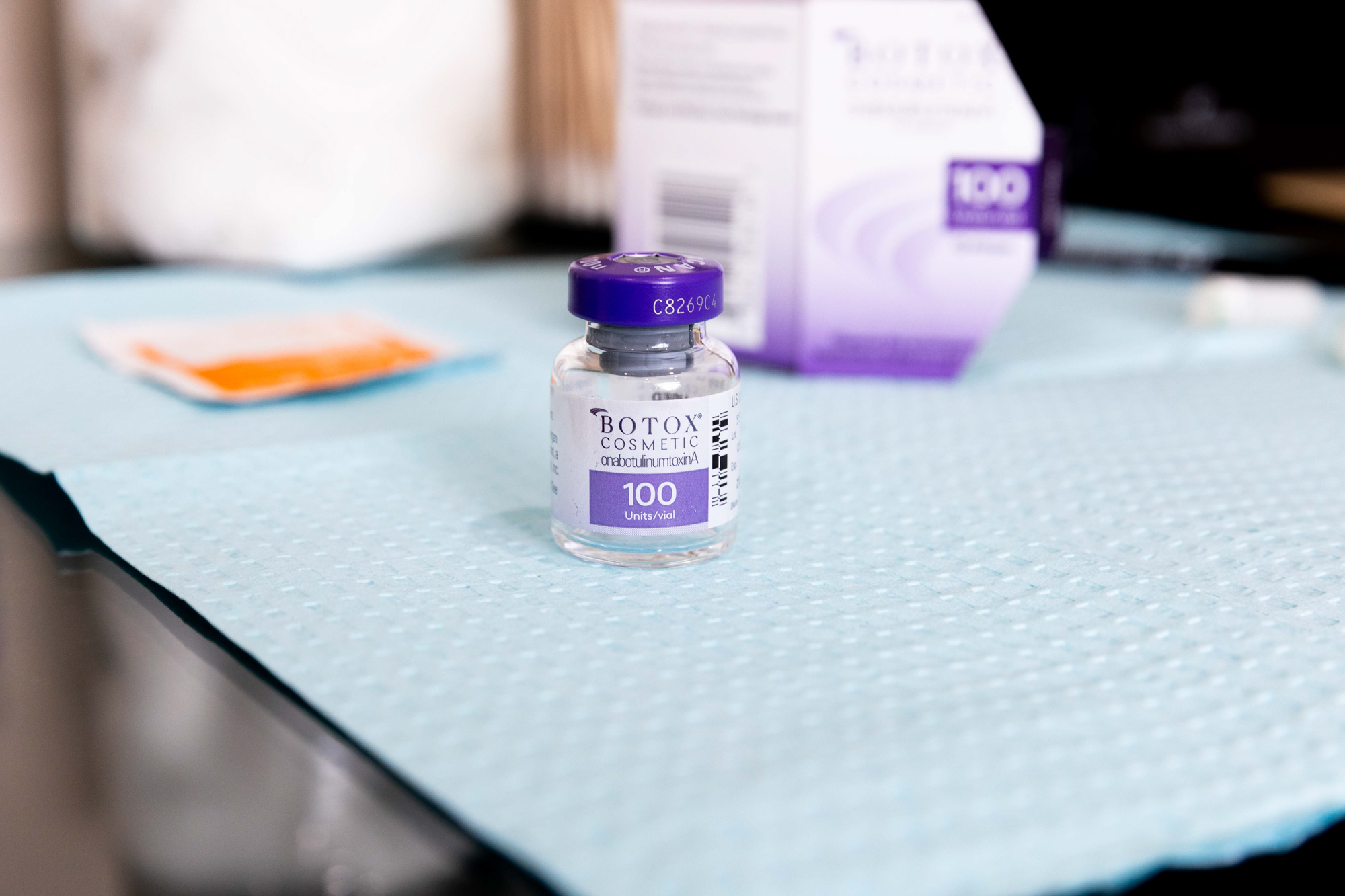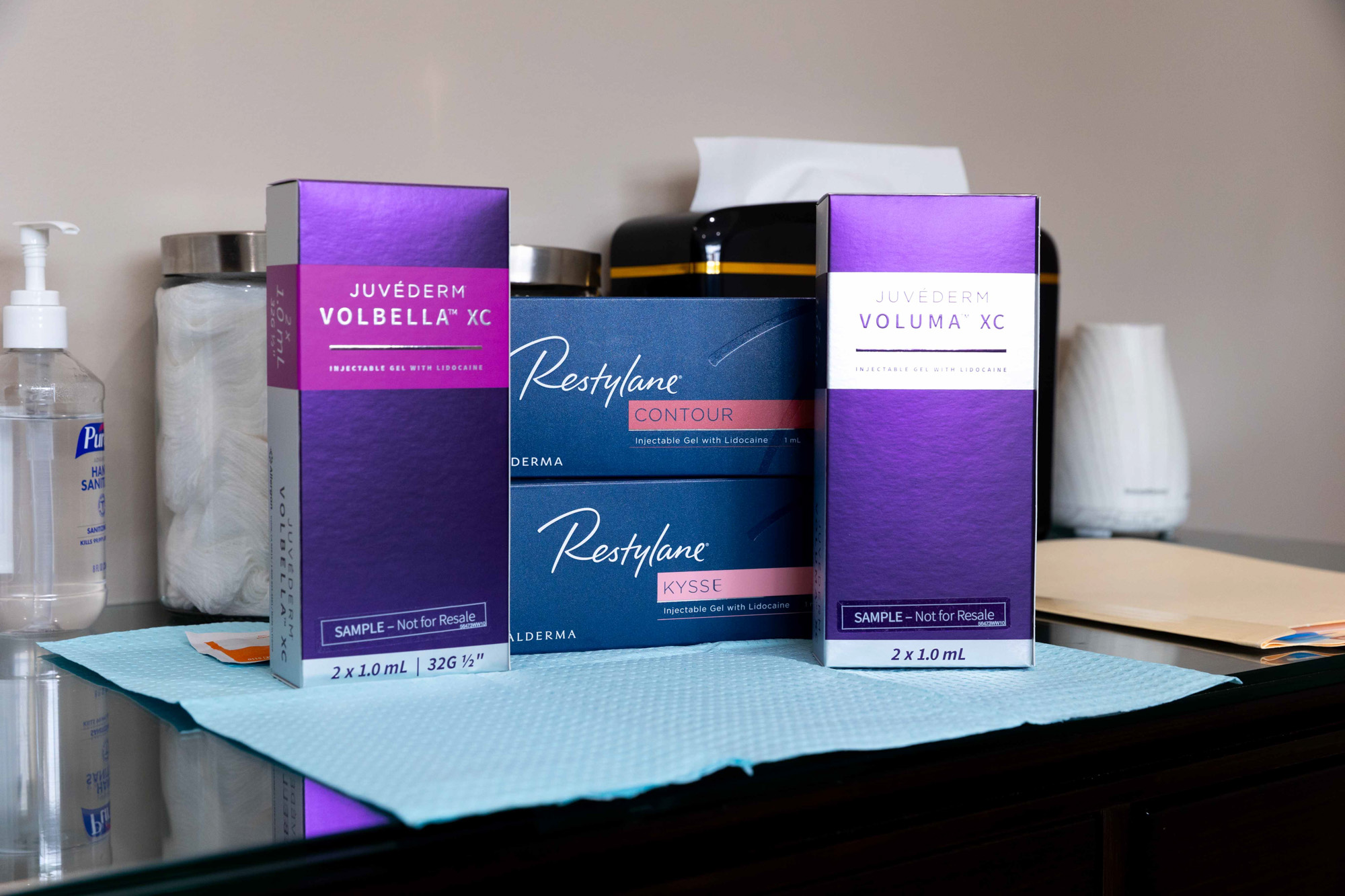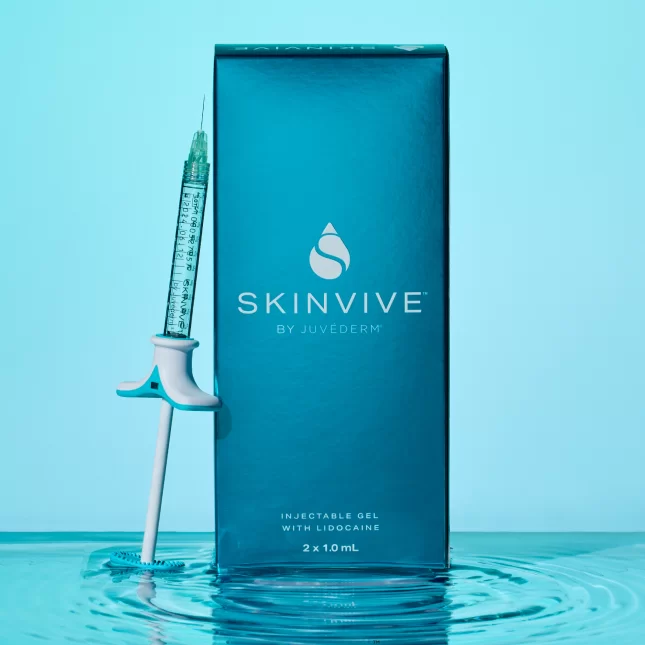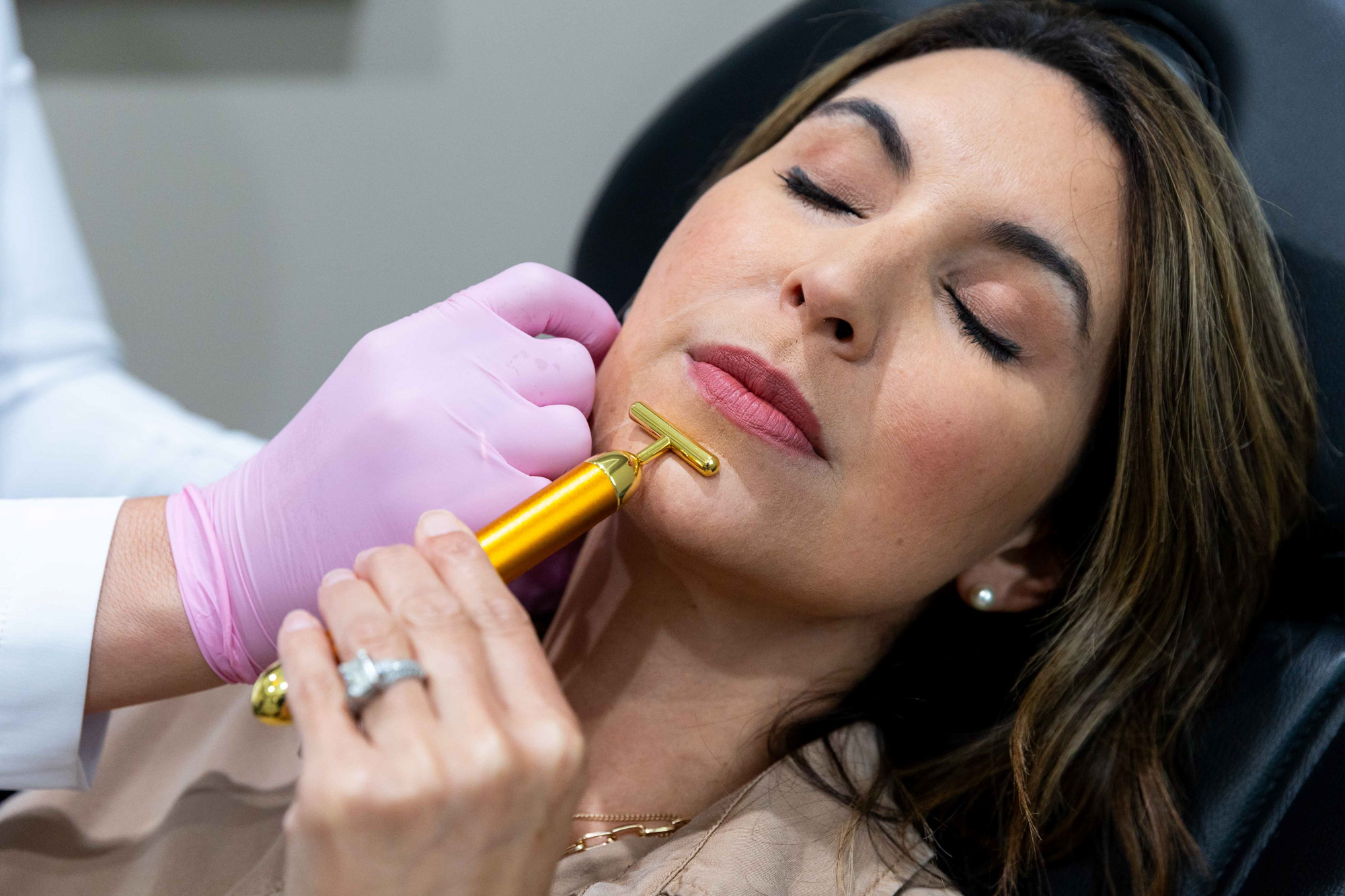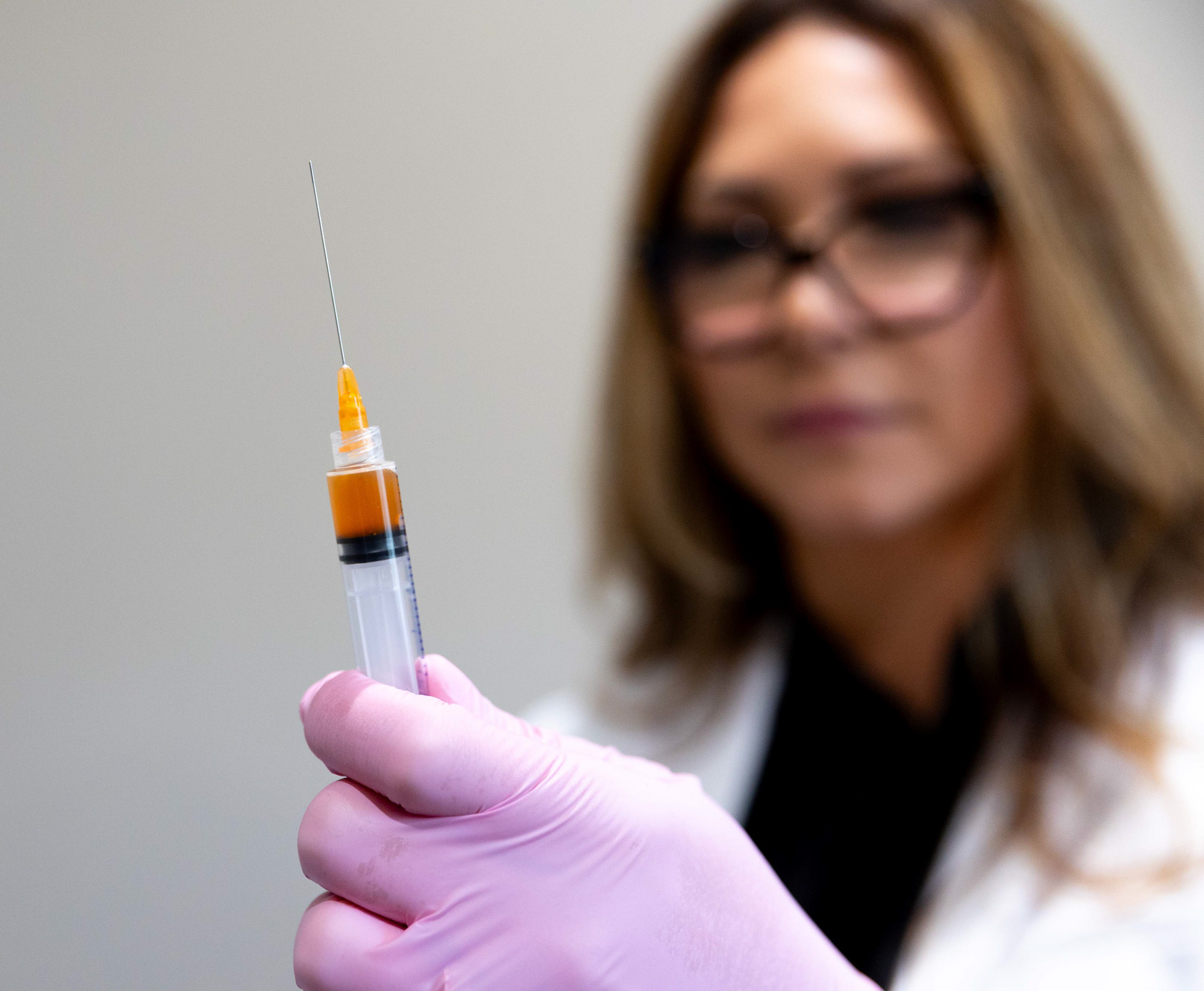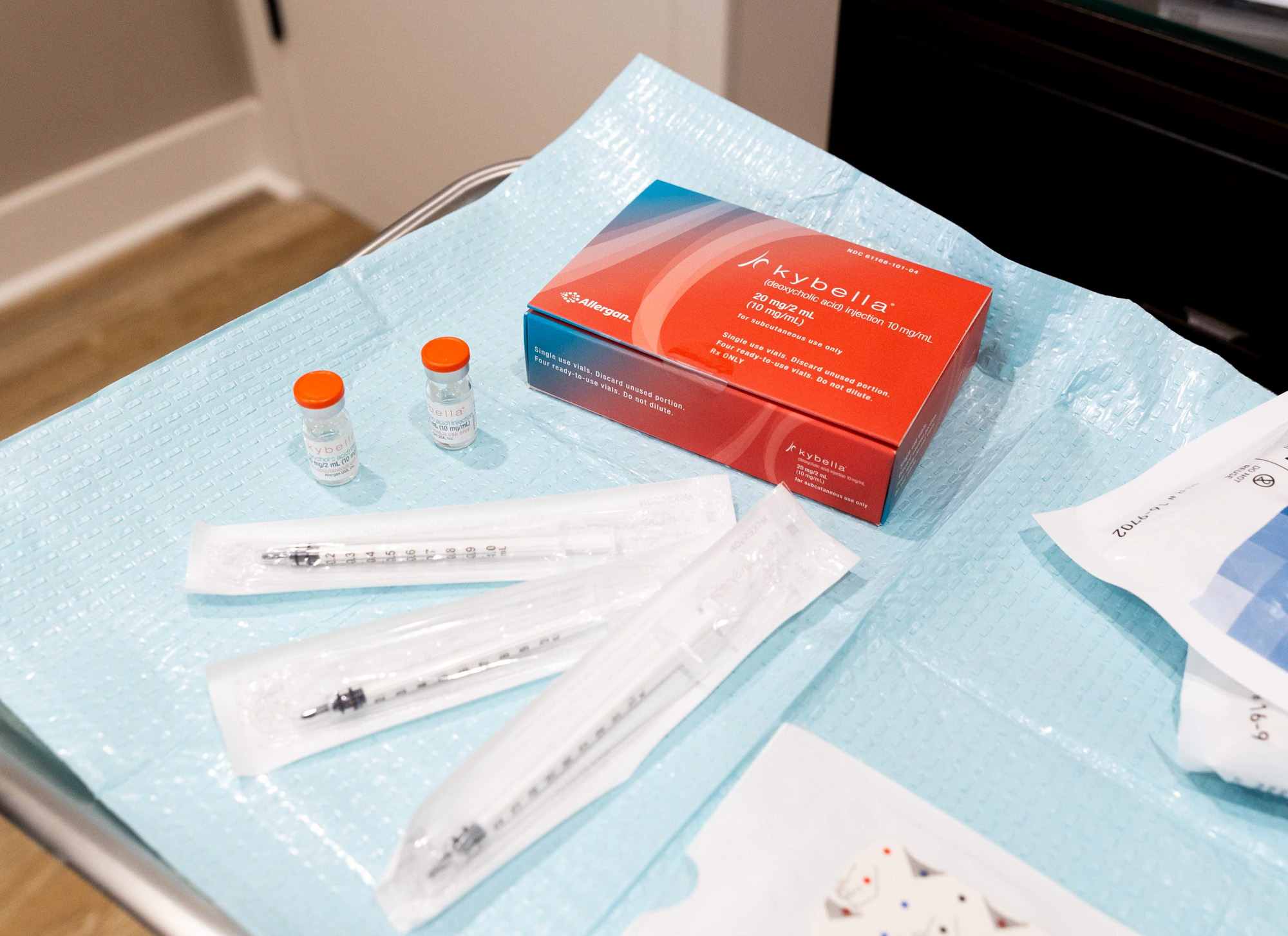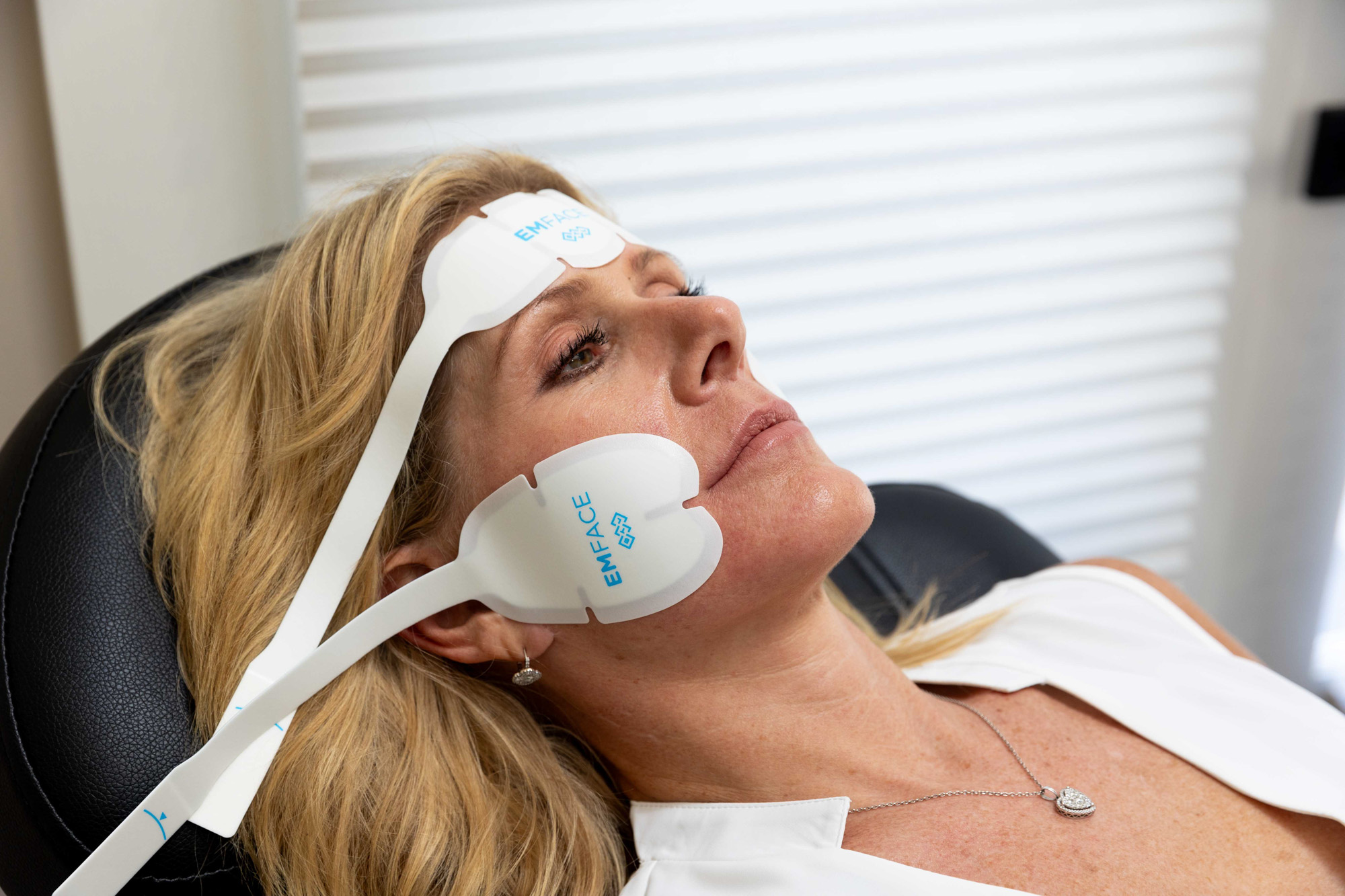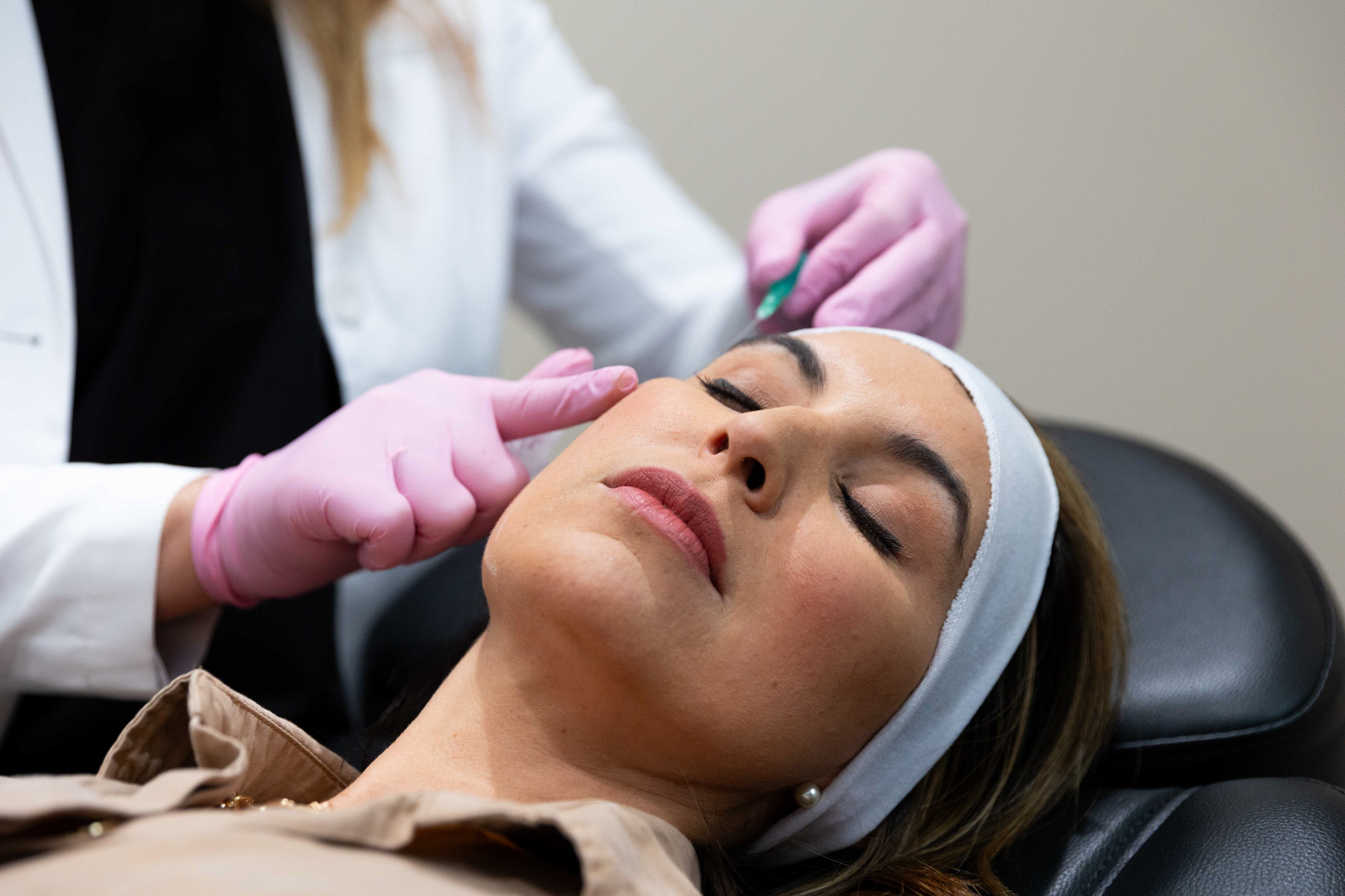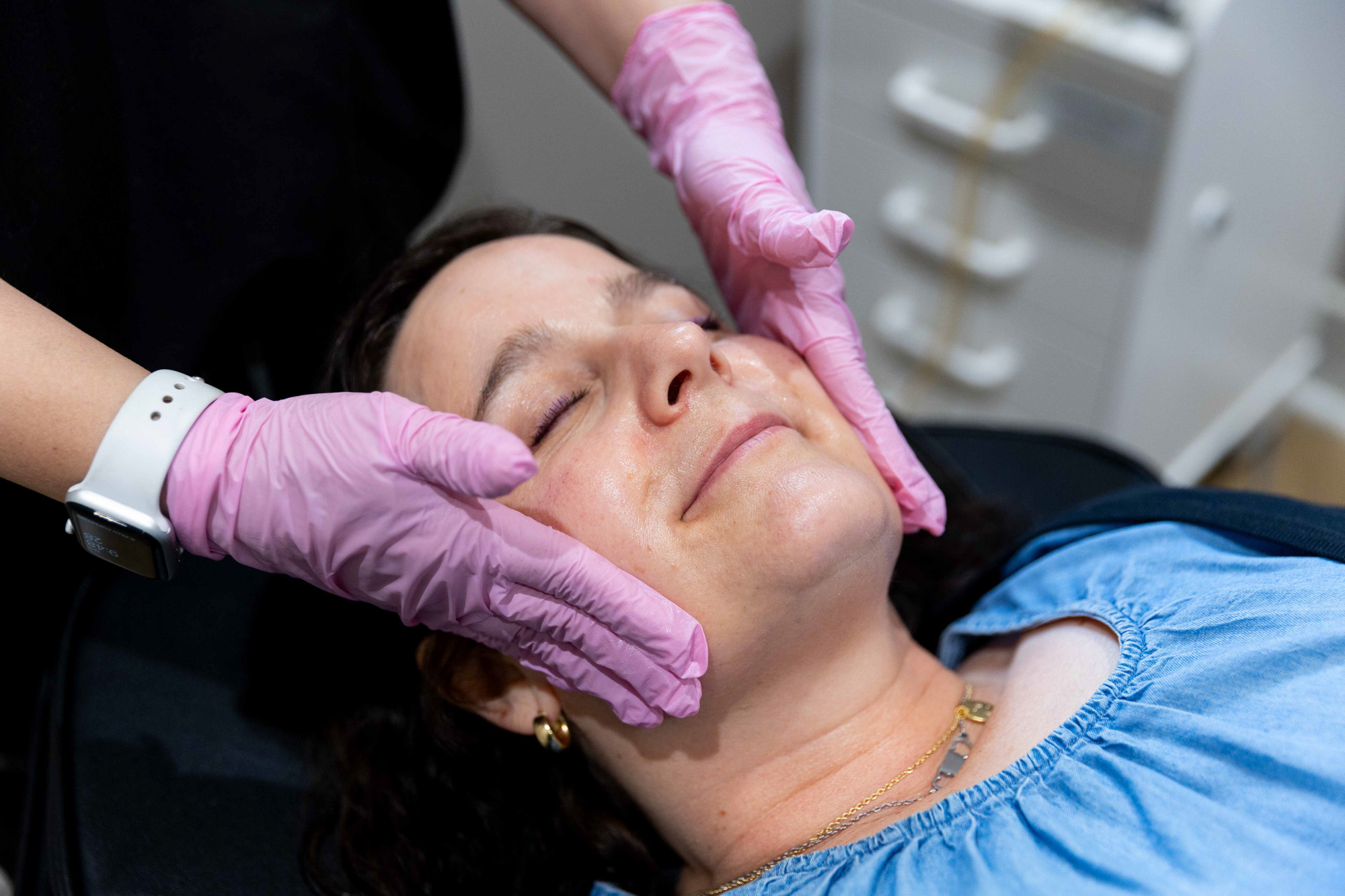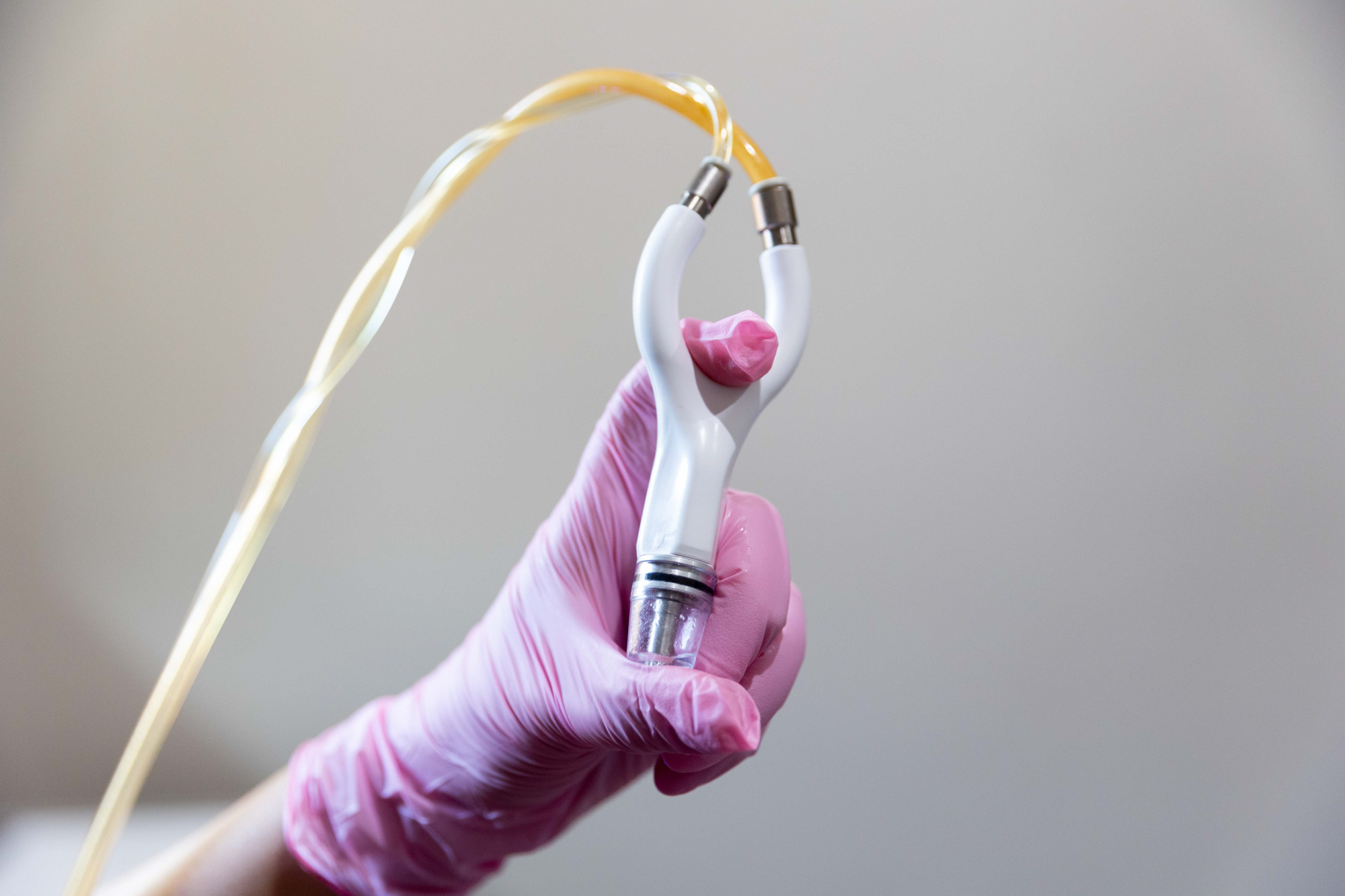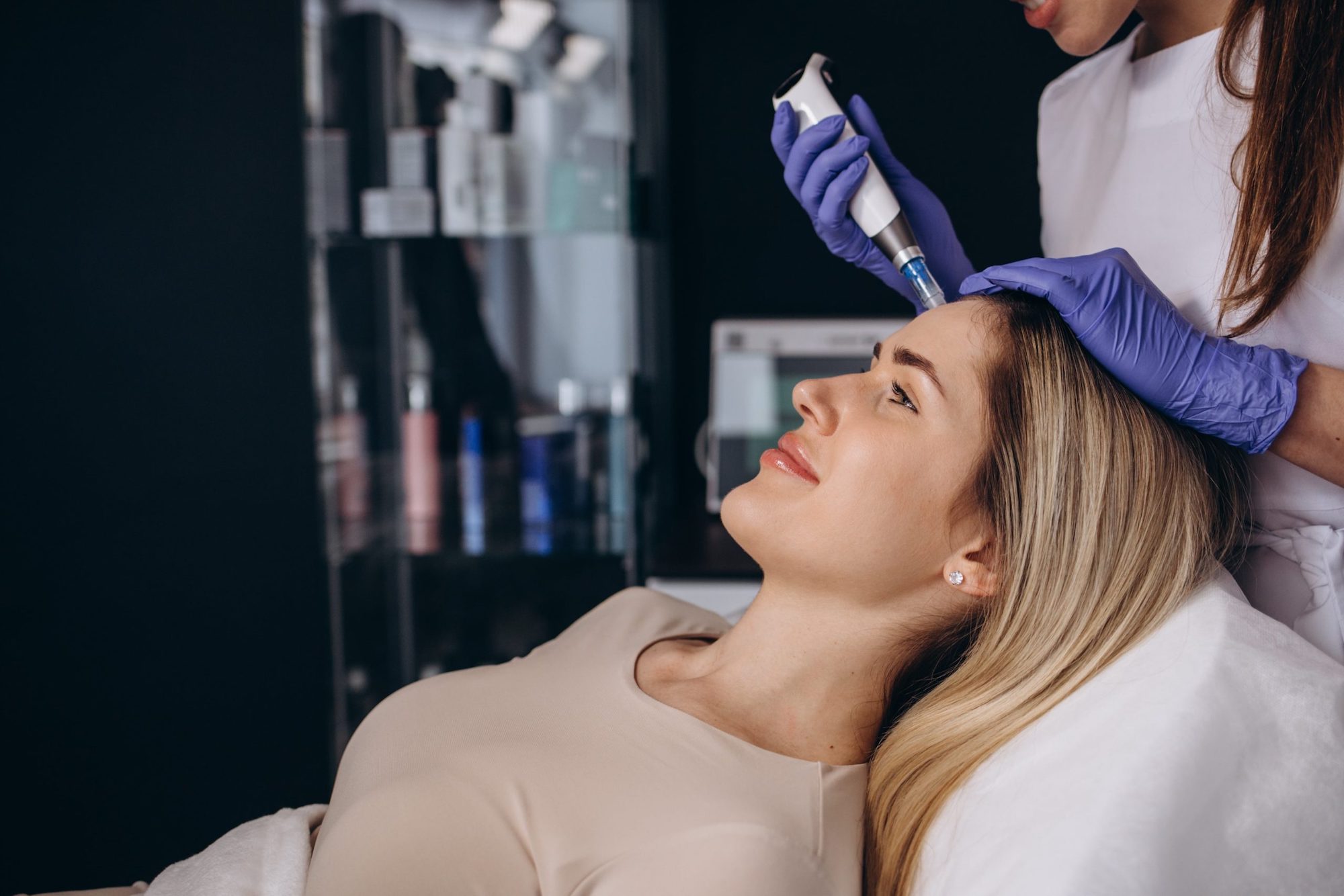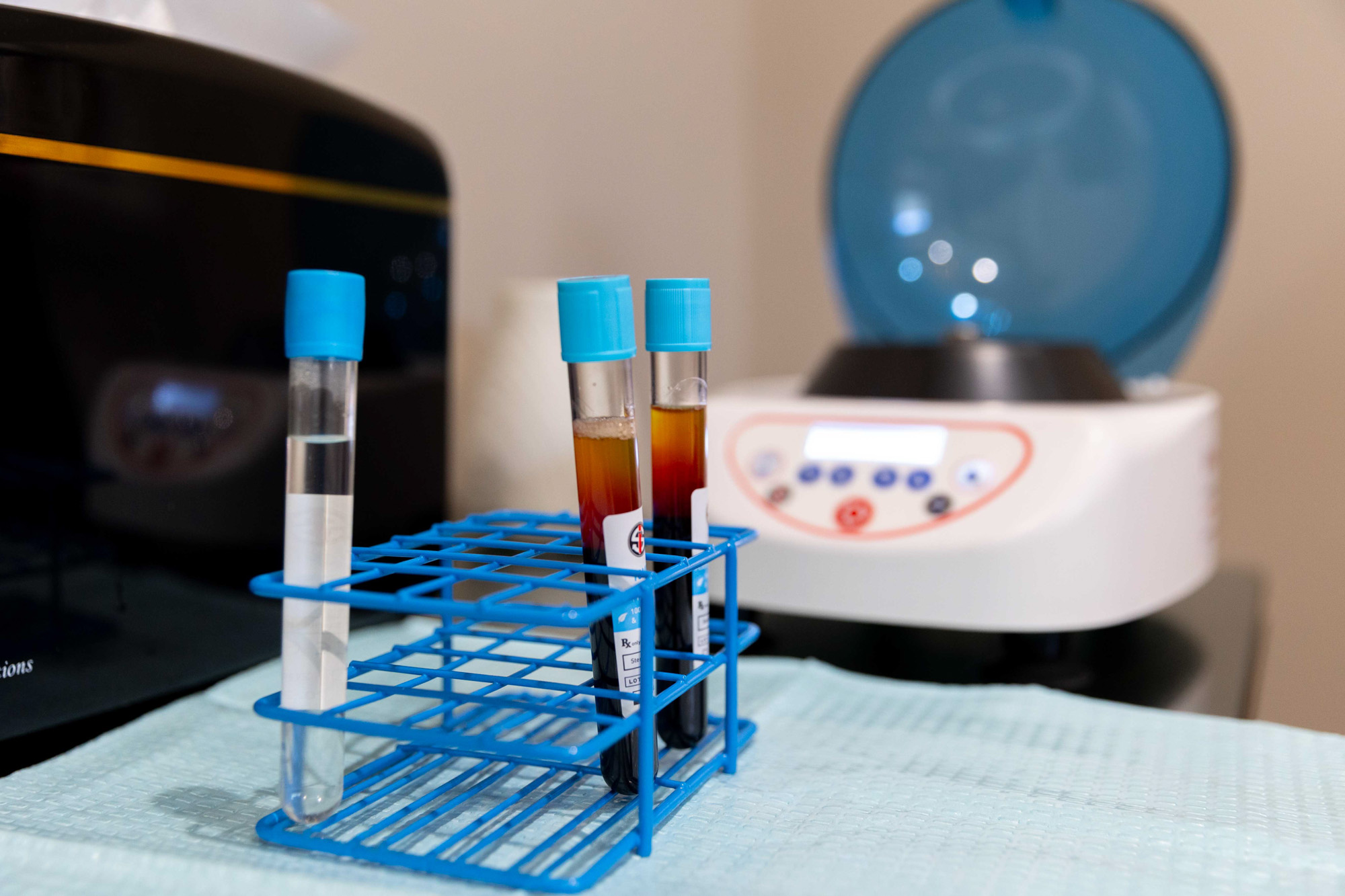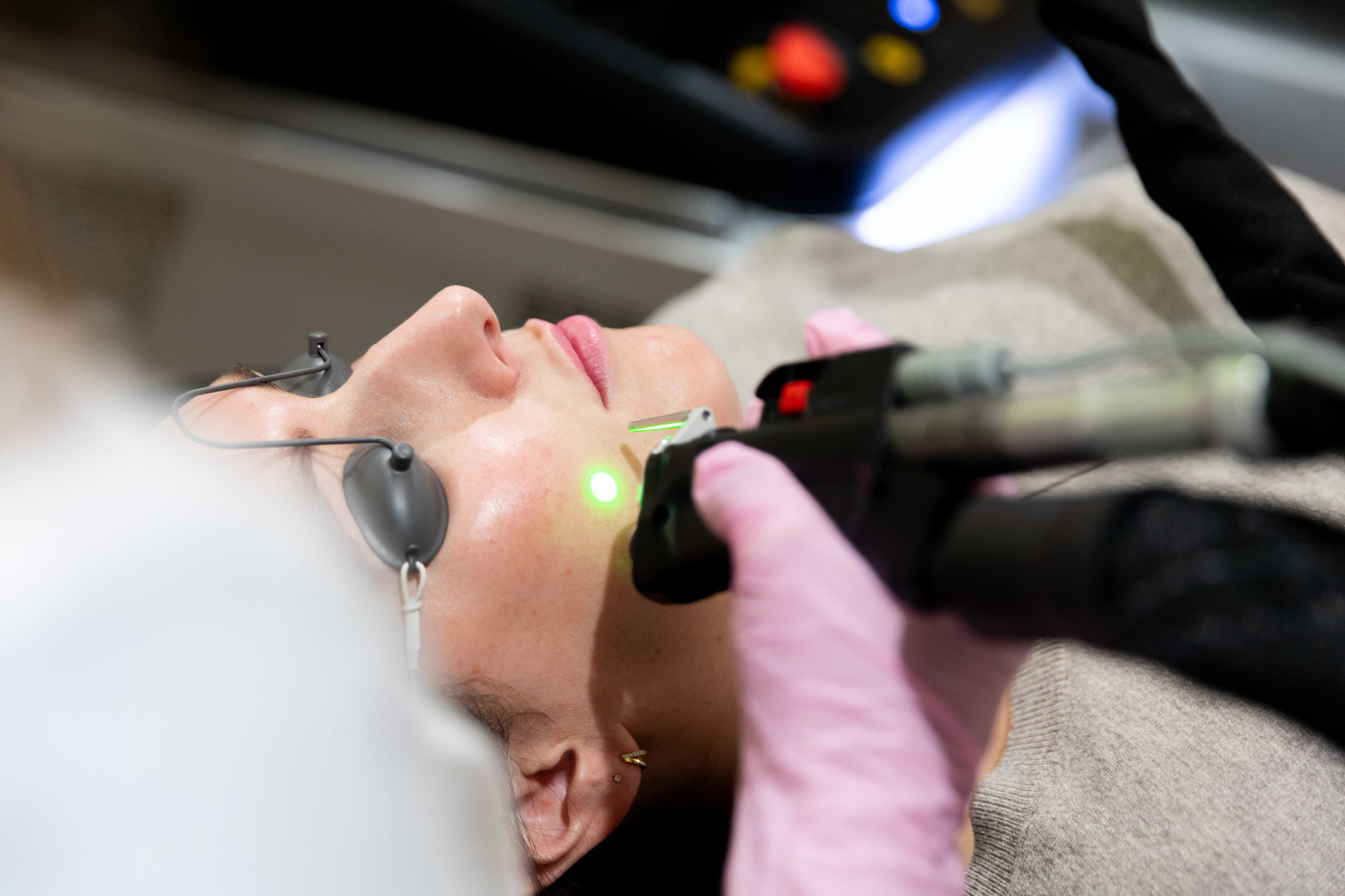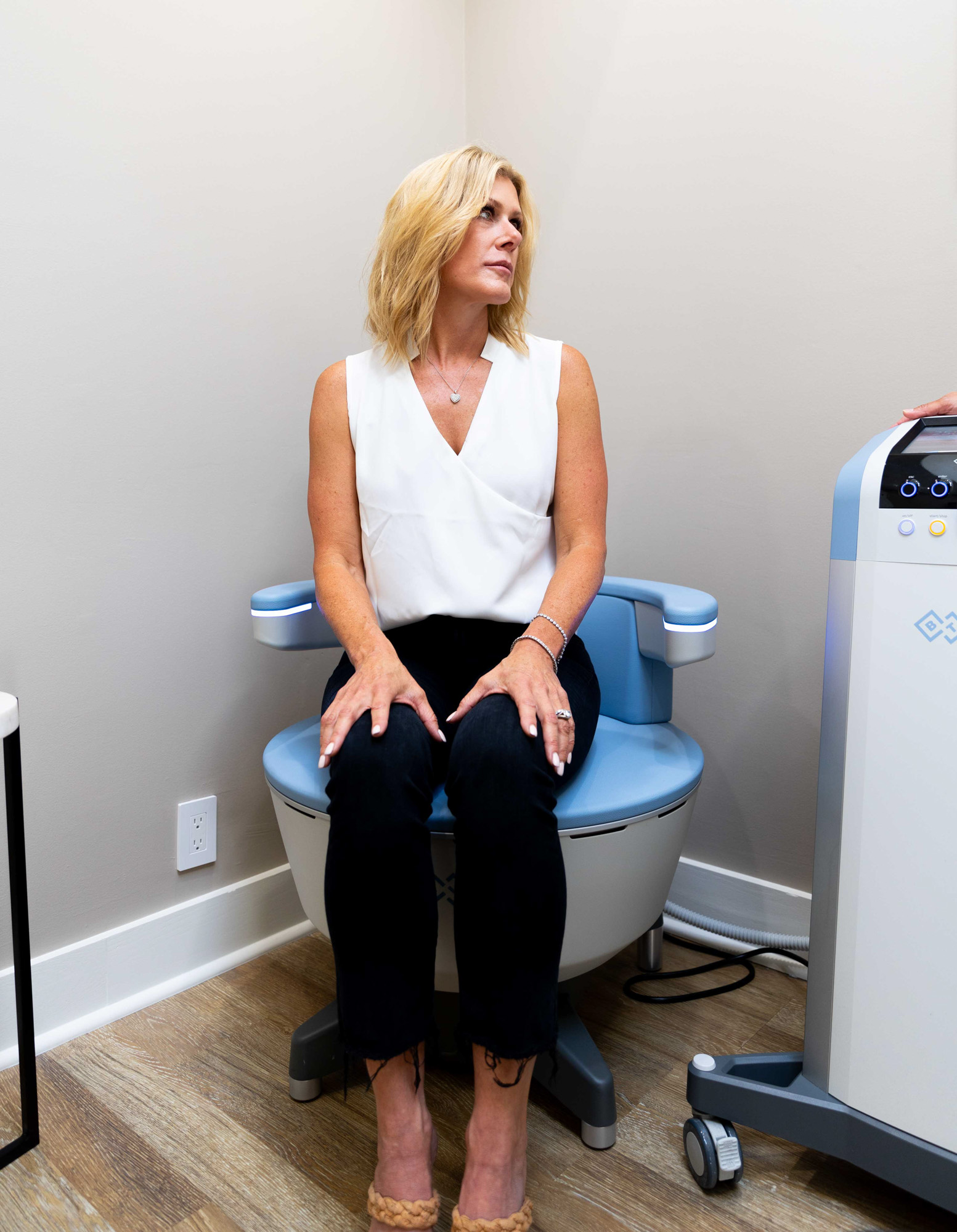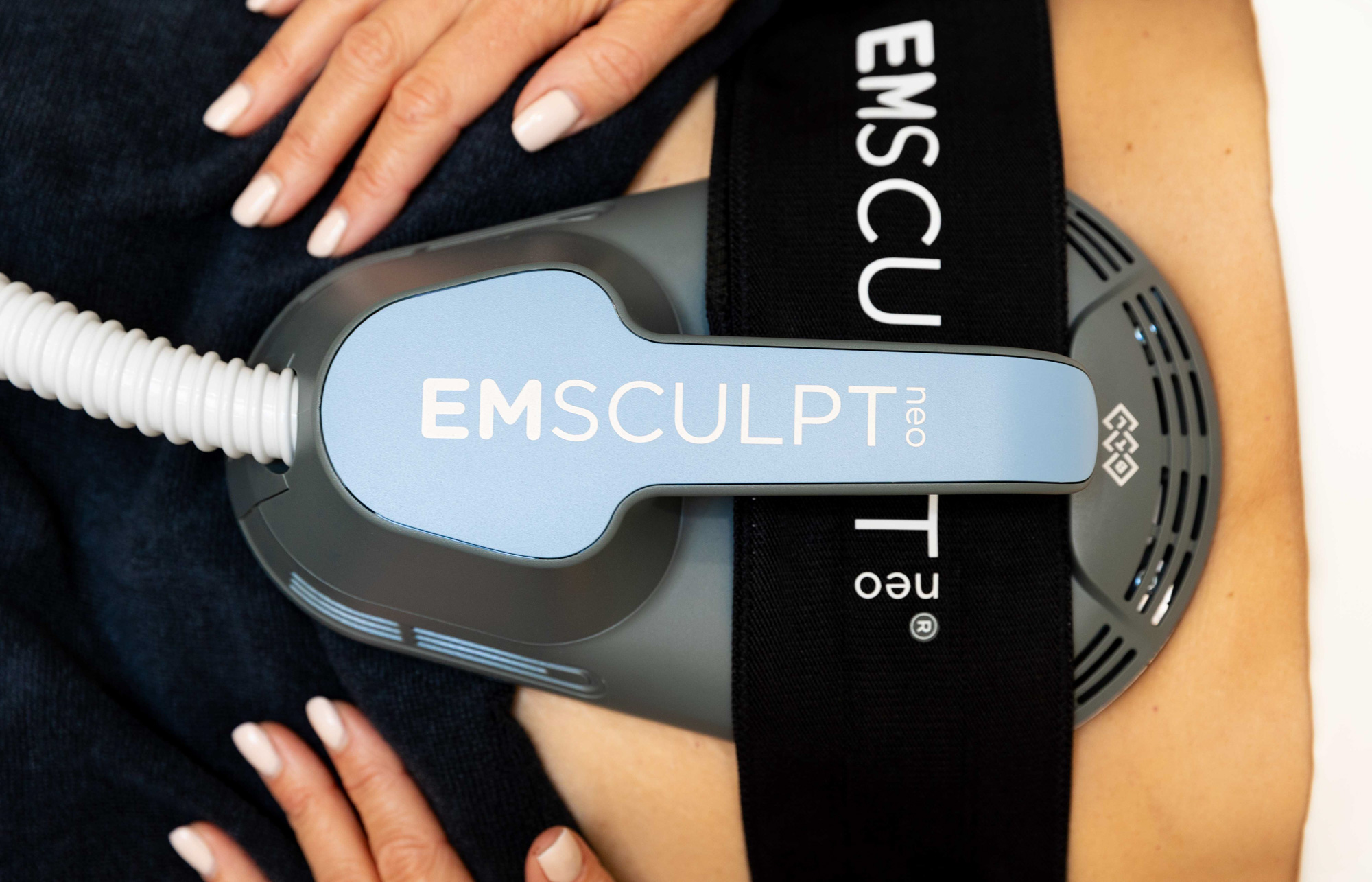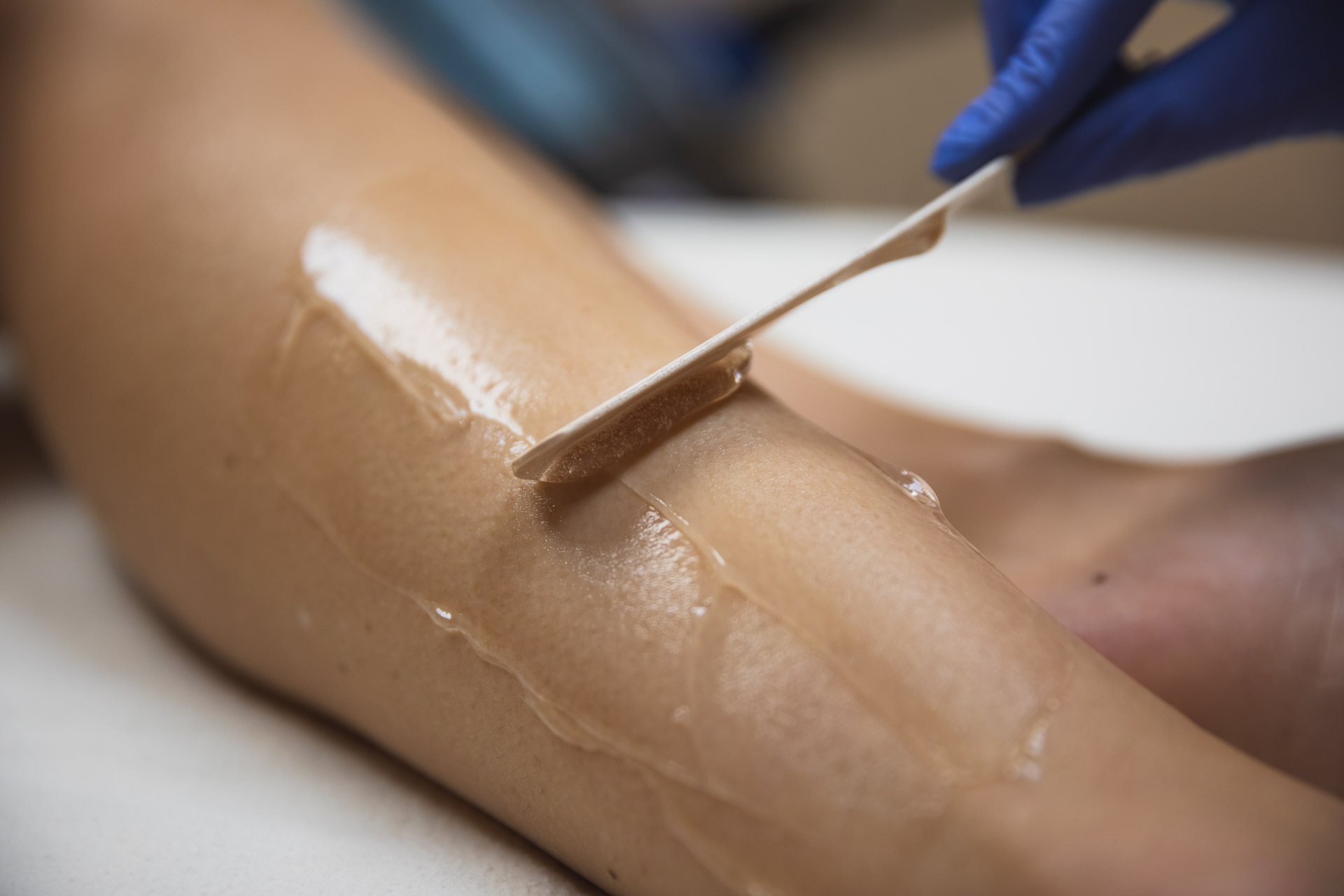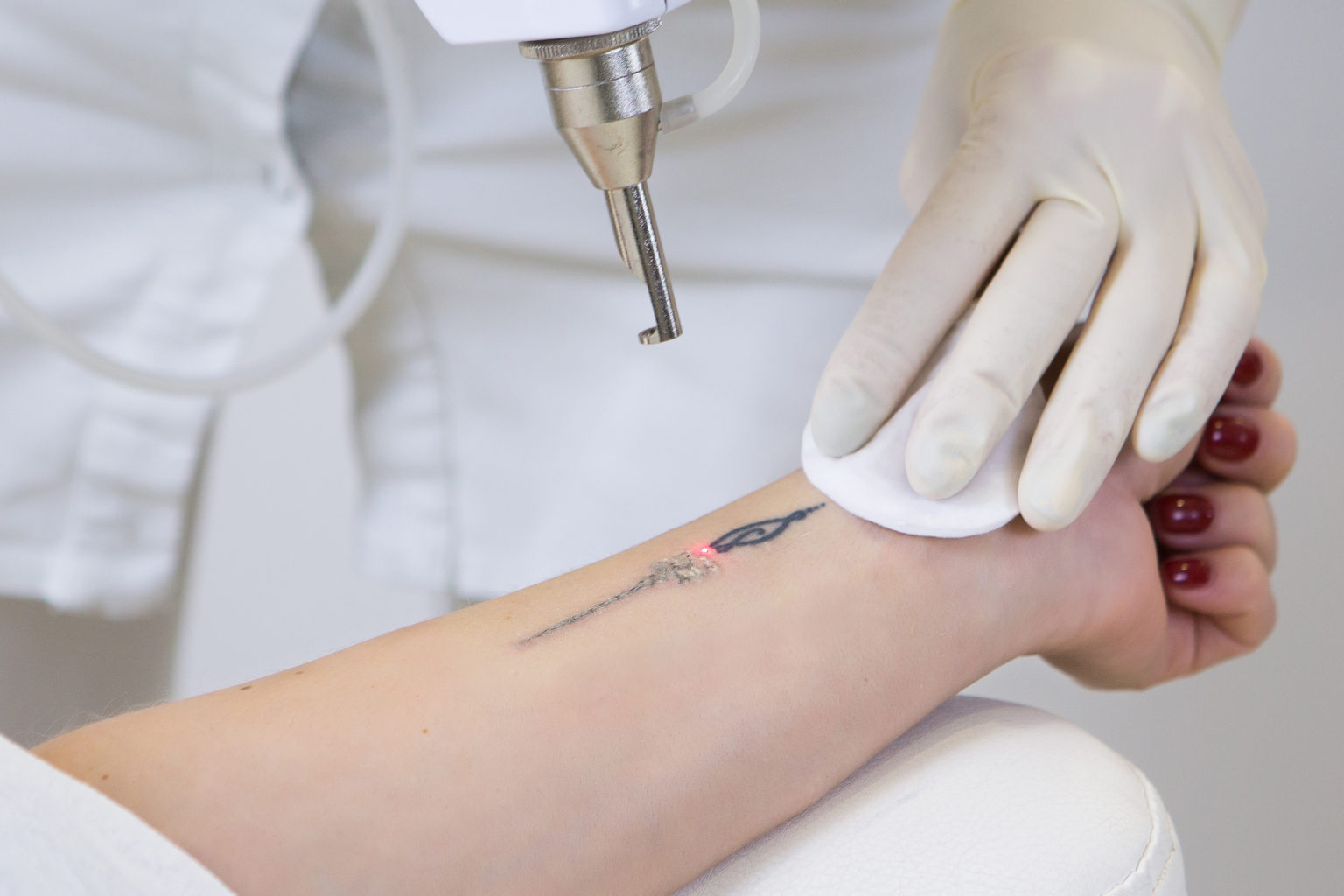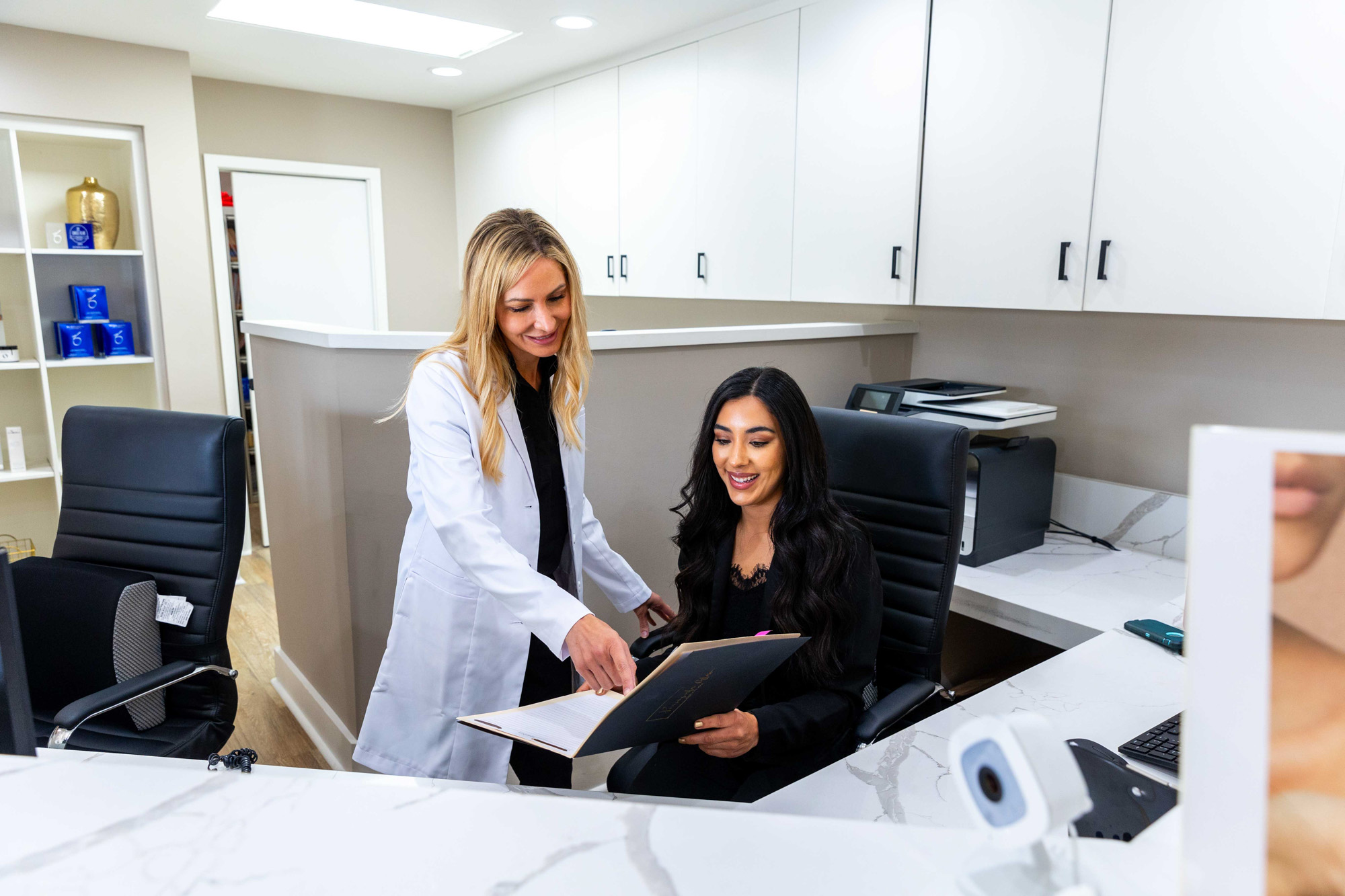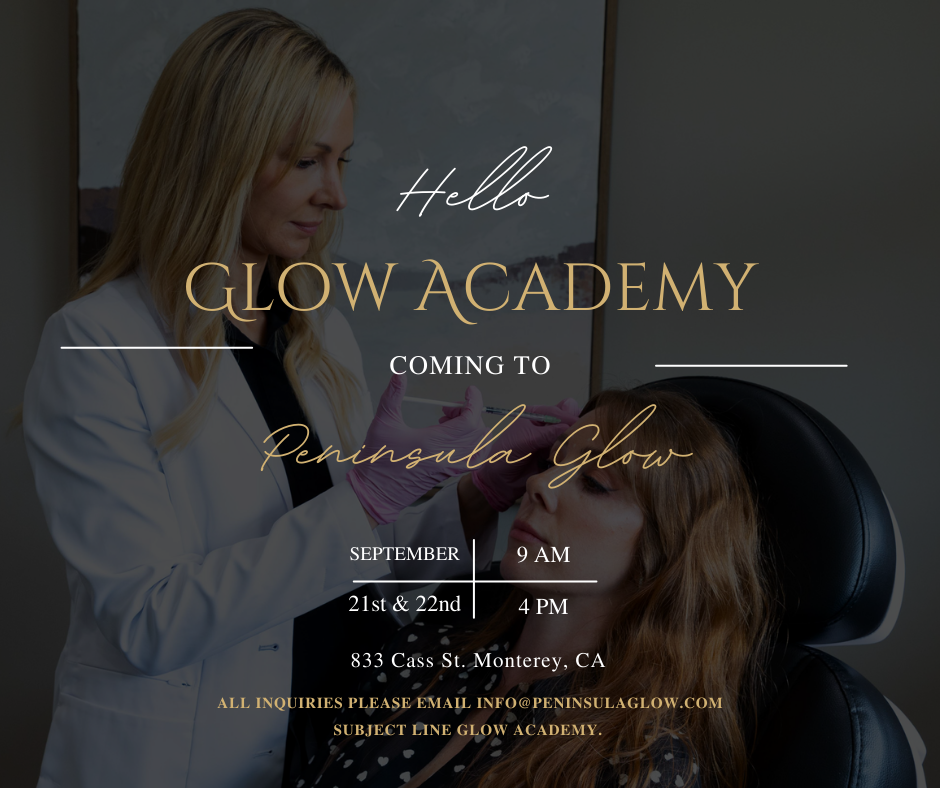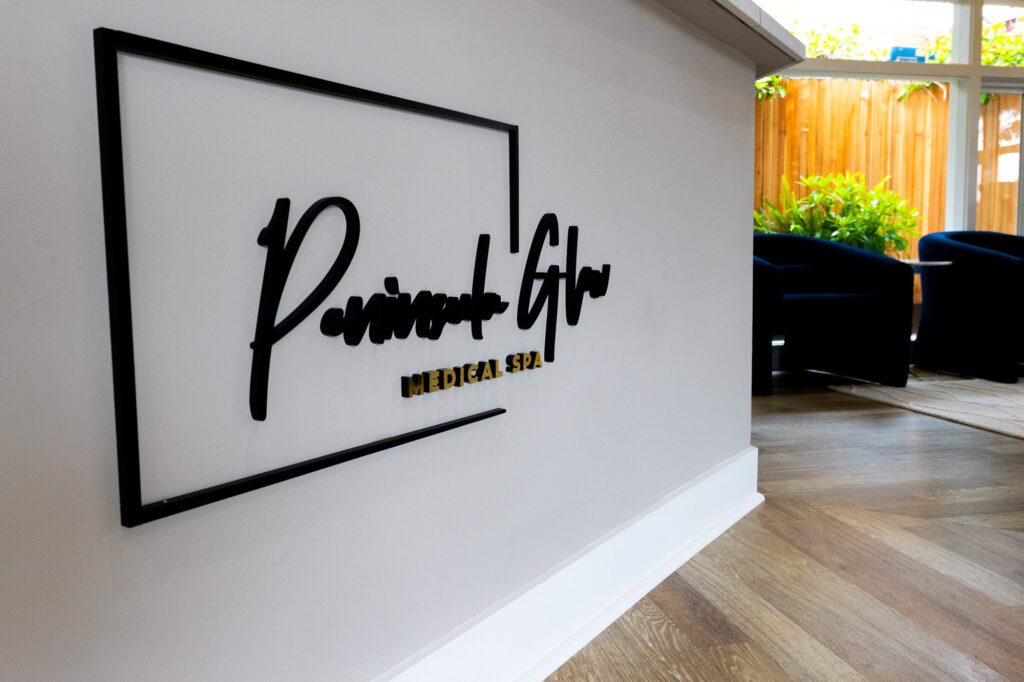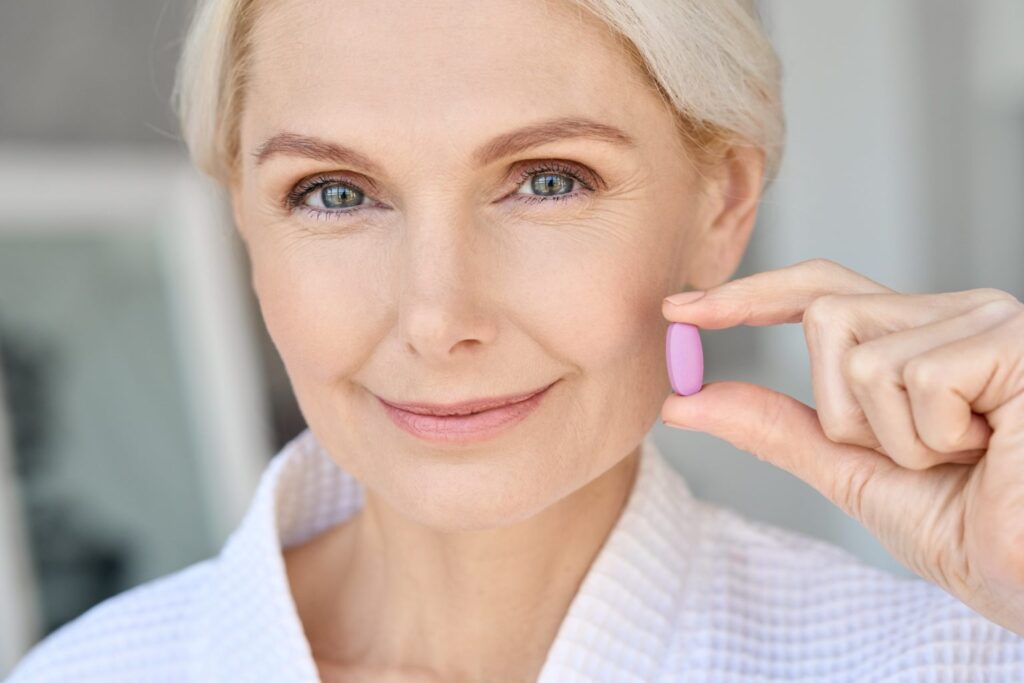
According to dermatologists, expending a lot of money on skin creams containing “exotic vitamins” that claim to lessen the impression of fine lines and wrinkles is futile. Many facial creams contain antioxidant vitamins, but only a fraction of them are effective at preventing or repairing skin damage.
Despite claims to the contrary, most commercially available topical formulations have concentrations too low to be effectively absorbed through the skin. There’s some evidence that specific vitamins and nutrients can help repair sun damage and keep your skin from getting any worse. Make use of these alternatives instead.
Anti-Aging Vitamins And Nutrients You Can Use
But not all anti-aging vitamins are created equal. Some vitamin supplements are far more effective at fending off the effects of aging than others. The best vitamins for rejuvenating your appearance, calming your mind, and enhancing your sense of well-being are ranked in this article.
1.) Collagen
Even though many anti-aging treatments use needles to renew or revitalize collagen production in the body, you can get a head start on this process naturally by including collagen supplements in your diet.
Reduced production of collagen, an essential protein for skin health, leads to wrinkles and sagging skin. Production of collagen may start to decrease in one’s early twenties. If our bodies begin to produce less collagen on their own, however, we can take measures to maintain healthy levels by supplementing with collagen. Collagen supplements have been ascertained to improve skin elasticity and reduce wrinkle depth.
2.) Vitamine E
In light of vitamin E’s essential role in immune system regulation, it’s not surprising that vitamin E needs rise with age.
Sunlight quickly depletes the vitamin E, a natural part of our bodies defense mechanisms, rendering it useless. Unfortunately, free radicals, unstable atoms that damage cells and have been linked to aging, are rising. Vitamin E, a powerful antioxidant that counteracts them, is in short supply.
Vitamin E prevents the formation of fine lines and wrinkles, speeds up the rate at which skin cells renew, and even promotes the growth of entirely new skin. Vitamin E supplements have been shown in several studies to increase protection against collagen breakdown when taken orally.
Vitamin E is great for your skin and overall health. There is evidence that it may also prevent memory loss and heart disease.
3.) Vitamin A
Vitamin A, also known as retinol, is typically used in anti-aging creams and supplements. Our bodies can’t produce vitamin A, so we need to get it from other places, like vitamin-rich foods or supplements. You should take vitamin A because it is the most effective anti-aging supplement.
Tretinoin, a derivative of vitamin A, successfully boosts collagen production and smooths fine lines and wrinkles. Collagen degradation by dermal-layer enzymes is halted, and new collagen is stimulated to grow in its place.
4.) Resveratrol
Resveratrol, the pigment responsible for the red hue of grapes and raspberries, has been shown to slow the aging process. Supplementing with resveratrol is much more convenient than eating a diet high in berries, which is a superb way to get your packing of resveratrol.
UV radiation from the sun and other sources is a significant cause of skin aging. Even so, it would be nice if you enjoyed some time in the sun. Applying resveratrol to the skin has been shown to protect it from the damaging effects of the sun and delay the aging process. Resveratrol’s anti-aging properties have also been demonstrated. For a vitamin with such low brand recognition, the outcomes are satisfactory.
5.) Vitamin D
One of the vitamins our bodies produce when exposed to sunlight, vitamin D, is also commonly referred to as the “sunshine vitamin.” On the other hand, vitamin D has been associated with longer life spans and a diminished vulnerability to age-related diseases and ailments.
Many analyses have shown that vitamin D can shield skin from UV rays, a known wrinkling trigger. These anti-aging effects of vitamin D were only recently discovered in 2016 when a study found that it could increase the median lifespan by 33%.
6.) Zinc
Zinc is an essential trace mineral in the body’s red blood cells and plays many roles, but the human body does not produce it. Thus, getting enough zinc through food or supplements is crucial.
Zinc contributes to protein synthesis, immune system function, and wound healing, among its many important roles. However, zinc is also a powerful tool in the fight against aging. Reduced zinc levels have been associated with premature aging and an increased risk of developing age-related diseases and infections.
Hair loss is a concern for both men and women as they age; zinc helps prevent this. As zinc is essential for hair tissue growth and repair, it makes sense that zinc supplements can prevent hair loss.
Zinc should be taken as a daily supplement for these reasons.
7.) Selenium
Selenium, a crucial trace mineral, aids in maintaining healthy levels of vitamin E. It can be obtained from both food and supplement sources. Recent research suggests that selenium may be effective against age-related diseases like cancer and cardiovascular disease.
Telomeres, the caps at the ends of our chromosomes, determine the rate at which our cells age, and a higher selenium intake have been associated with longer telomeres. As a result, the mortality rate of older adults with low selenium levels is significantly higher than that of their counterparts with high selenium levels.
8.) Curcumin
Recent studies have highlighted curcumin’s anti-aging benefits, which have been known for some time. Because of its potential to improve cognitive function and memory, the compound curcumin, found in the turmeric plant’s root, is being investigated as a treatment for Alzheimer’s disease.
Curcumin has been shown to extend life expectancy in a wide variety of organisms, including fruit flies, worms, and yeast, prompting researchers to speculate about whether or not it has the same effects in humans.
Studies have shown that curcumin slows down age-related processes, including oxidative stress, cellular breakdown, and telomere shortening.
Takeaway
Vitamins that prevent cell death are among our most potent weapons, but it can be challenging to ingest enough of them through diet alone. Wrinkles, fine lines, sagging skin, mental decline, and physical illness are all inevitable consequences of aging, but they can be mitigated with a healthy supplement routine.
Even if we find vitamins that claim to slow down aging, there’s no guarantee they’ll be as effective as we’d like them to be. This is why staying abreast of the most recent research on the vitamins’ effects on various diseases is essential. However, if you want to address your aging quickly, you can consider trying our services here in Peninsula Glow. Feel free to contact us and schedule an appointment with us today!

